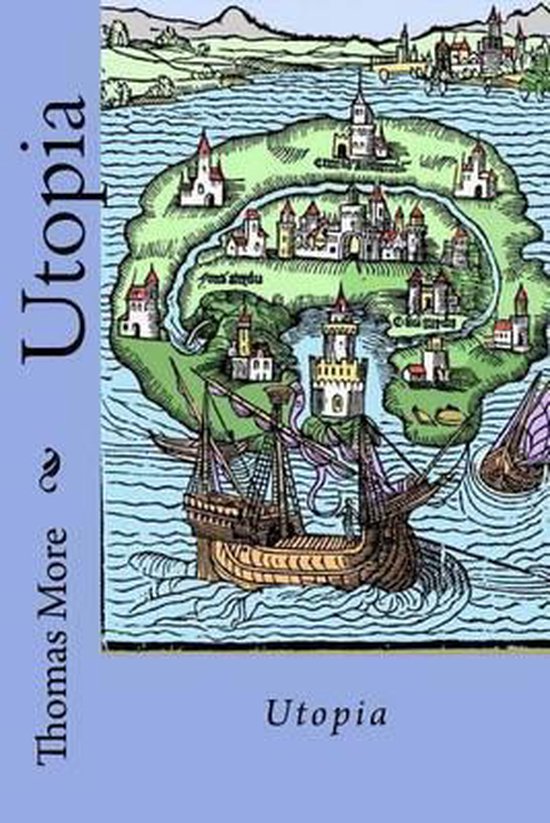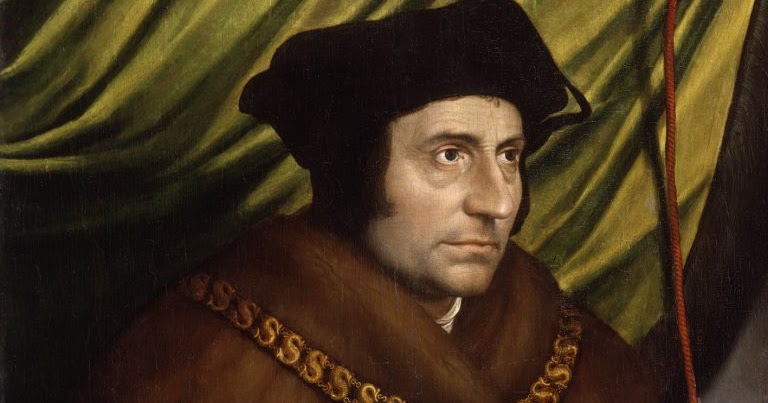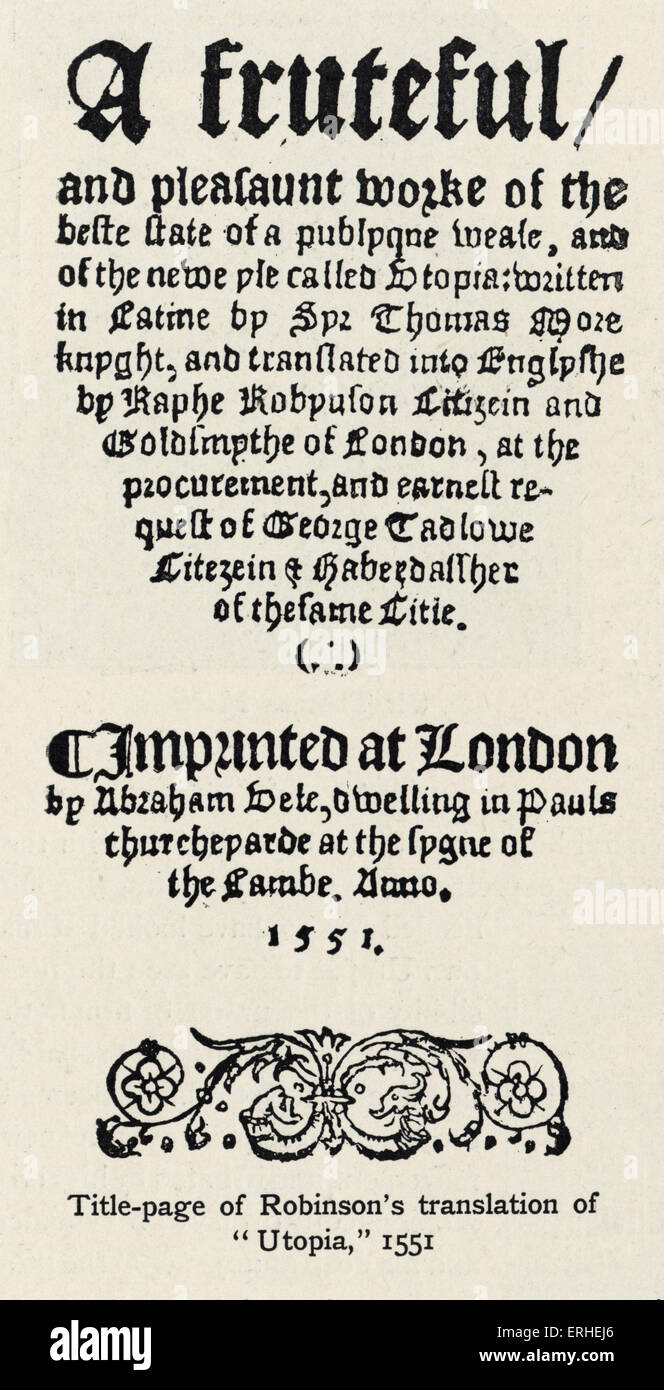

Perfection is conceived of as harmony, the harmony of each person with himself or herself and with the rest of society. Nevertheless, clarity could be served if we see the core of utopianism as speculation, in whatever literary form, about ideal societies and ideal ways of life for whole populations, in which perfection, defined in accordance with common prepossessions and not merely personal predilections, is aimed at. Indeed, the ways in which utopia (and utopian) are used can be symptomatic of prevailing attitudes towards social change in general. Much historical experience is reflected in this variety of usage.

Furthermore, all literary depictions of imaginary societies are called utopian, even if they are actually dystopias (bad places) that represent some totalitarian or fiendish horror, or are primarily futuristic speculations about technical and scientific possibilities that have no important connection to any idealism. Almost any expression of idealism -a view of a better life, a statement of basic political commitments, a plea for major reform in one or another sector of social life -can earn for itself the title utopian.


Even when the word is used without hostility, its coverage is enormously wide. Similarly, daydreams and fantasies -psychologically driven and frequently bizarre expressions of private ideals -are called utopian, as if utopia were synonymous with deviant or deranged thinking. The connotation of impossibility or complete impracticality serves to discredit a threatening idealism. In another, closely related pejorative use, utopian designates that which is unacceptably different from the customary or is radical in its demands. For example, a proposal that is farfetched or implausible is often condemned as utopian, whether or not the proposal has any idealistic content. But sometimes the words are used as terms of derision and sometimes with a vagueness that robs them of any genuine usefulness. Common to all uses is reference to either the imaginary or the ideal, or to both. The words utopia and utopian, however, have been put to many uses besides the one suggested by More's book. (This is not to deny that More's own attitude towards the ideal society he imagined may well have been ambivalent.) Further verbal play shows the close relation between utopia and eutopia, which means "the good place." Through the succeeding centuries this double aspect has marked the core of utopian literature, which has employed the imaginary to project the ideal. More coupled the Greek words ou (no, or not) and topos (place) to invent a name that has since passed into nearly universal currency. Im beggin, beggin u.The word utopia was invented by Thomas More, who published his famous Utopia (in Latin) in 1516. maneskin and madcon both made covers of it Comment by lewis forbes shup its still a tune 🤙🏽 Comment by user-381549306 Holi Jarvis Comment by madcons song isnt the orginial btw, the original song is by frank valli and the four seasons. Madcon the best version no cap Comment by juris Plssss Could you remove Go+? it would be very nice :) Comment by Brandon Bond My ex-wife’s favorite song is dope ✌🏾❤️ Comment by WAT3Rʎɹɔ Great song I'm beggin youuuu 💓💓 Comment by Eric Dantzler I'm begging you Comment by lovingtheparadise 🌙Ĭhale no la puedo escuchar solo escribir comentario #TambienEstaLatinoAmerica Comment by Jodie Isbell Wellllllllllll done Comment by Sadl圜osmic me huh🚨🚨🚨🚨🚨 Comment by Ethan Clarkin Genre Pop Comment by diskdrivedarksinwoop


 0 kommentar(er)
0 kommentar(er)
